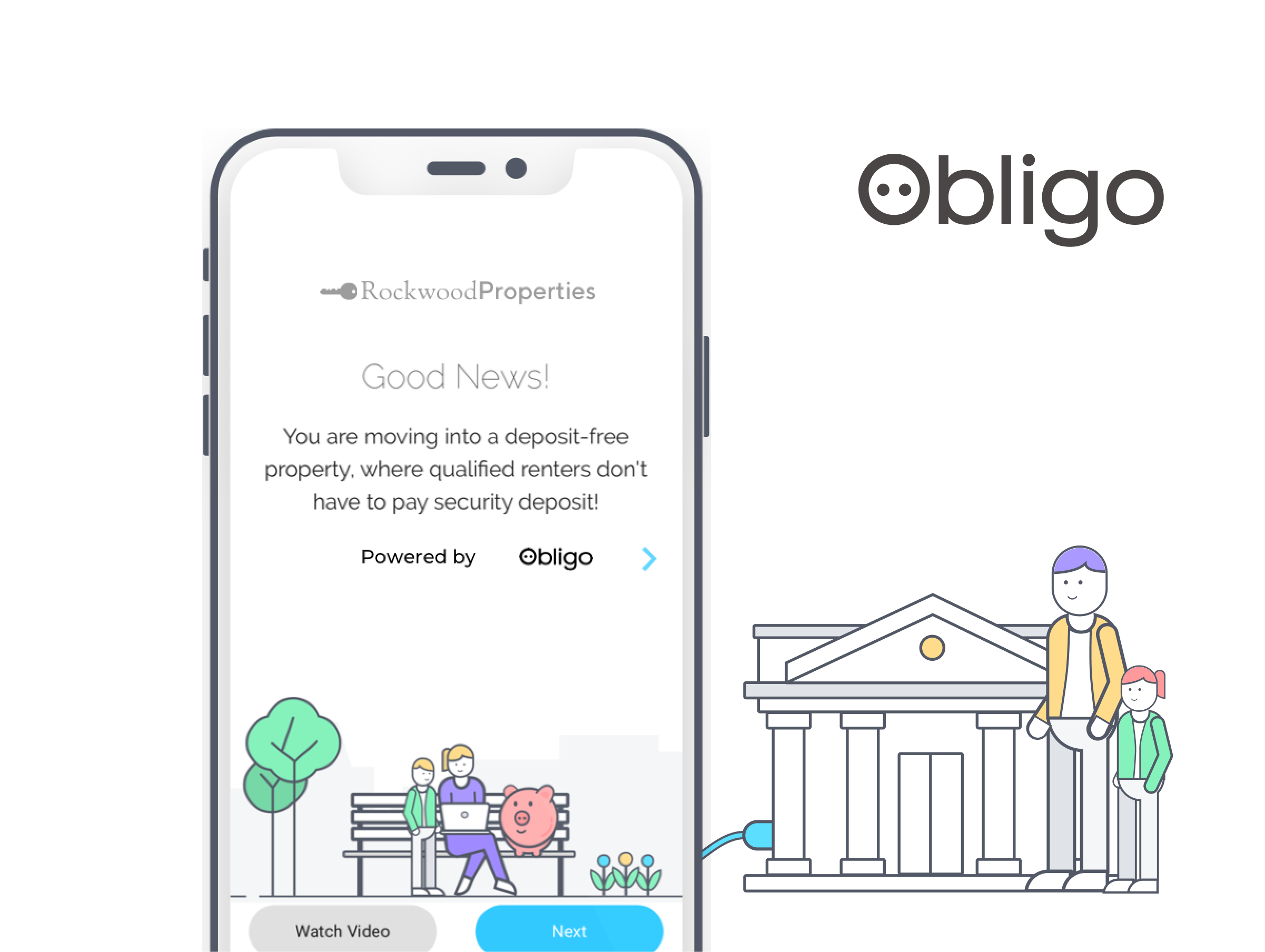CUSTOMER: ZIP
Expanding access to fair, flexible payments
With Plaid’s global watchlist screening and easy-to-use compliance CRM, Zip transformed AML compliance operations and improved end-user experience.

Goal
Reduce fraud risk, streamline compliance
Region
United States
Industry
Payments
Problem
To prevent fraud and improve compliance operations, Zip needed to optimize their workflow and tools — while protecting their shoppers, merchants, and platform.
Solution
With Plaid’s global watchlist screening and easy-to-use compliance CRM, Zip transformed their AML compliance operations and ultimately improved their end-user experience.
Results with Plaid
The Zip team saves around 15.5 hours of manual screening work a month with Plaid.
The time it takes Zip’s team to review alerts with Plaid has been cut down by 77%.
Zip has 8 million customers that are subject to ongoing monitoring, creating a high workload for their team.
Automating AML compliance
For Zip, protecting shoppers, merchant partners, and the platform is top priority — making sanctions screening critical. Sanctions and watchlist screening prevents fraud and other financial crimes by helping them understand and identify any risks they might pose to the business.
Zip screens against politically exposed persons (PEPs) and watchlists from the U.S. Office of Foreign Assets Control (OFAC), among others. This protects Zip’s business while meeting anti-money laundering (AML) and OFAC compliance requirements.
But when the lists and policies are constantly changing, it can be challenging — and time-consuming — for Zip to keep up. For customers, this can result in a poor shopping experience because of the time it takes for them to be approved.
With thousands of monthly payments, Zip needed a way to reduce the burden on their team, ensure compliance, and improve the shopper experience. That’s when they turned to Plaid.
A single, comprehensive solution
After a rigorous search, Zip chose Plaid Monitor, which automatically screens against the latest watchlists to meet AML requirements.
For Zip, one of the biggest benefits of working with Plaid is solving multiple challenges with one tool rather than a string of vendors. The Head of US Financial Crimes Compliance at Zip, shared, “A lot of other vendors didn’t have a screening tool with a built-in case management system. You’d have to go to multiple partners just to get everything that Plaid offers."
Plus, Plaid’s extensive data coverage and range of sanctions lists support Zip’s scale and global customer base. In their words, “We needed a partner that didn’t just serve the U.S. or Europe, but all the other regions we operate in that need specific lists that are tougher to find in the wider marketplace. Plaid is a global, all-in-one solution.”
Without these built-in features and coverage, Zip would have to split their efforts across multiple tools — slowing productivity and increasing overhead. With Plaid, Zip automates much of the team’s important but unnecessarily manual work, freeing them up to focus on more impactful tasks.
“With case management, ongoing monitoring, and list provisioning, Plaid Monitor fits all of our needs and saves us from having to go to multiple providers.”
Head of US Financial Crimes Compliance, Zip
Setting the stage for scalability
In the payment space, high volumes of transactions are par for the course, and Zip is no exception. With millions of shoppers, having a partner whose infrastructure could keep up was critical.
Zip’s high transaction volume also adds to their compliance workload. When Zip gets a potential hit, it’s up to them to investigate and decide if the transaction is safe or not. Recording these investigations is important for resolving alerts and staying compliant. Zip relies on Plaid Monitor’s CRM for this — improving their ability to investigate alerts efficiently and effectively.
Zip’s Head of US Financial Crimes Compliance shares, “The Plaid case management tool allows our operations and compliance teams to really streamline workflows and efficiently review alerts. We also rely on the audit trail that exists within Monitor and use it to maintain the integrity of not only our compliance program but also our platform and the product.”
Without this infrastructure and case management functionality, it would be difficult for Zip to automate their current workload, let alone handle future growth. Plaid’s infrastructure and CRM help lay the foundation for Zip’s scalability.
“Plaid shines in reliability and scalability. A lot of their competitors can’t support the volume and speed of our customers, transactions, and onboarding.”
Head of US Financial Crimes Compliance, Zip
A better shopper experience
With 8 million customers subject to ongoing monitoring and manual screening — taking about one minute per customer — running this system manually wasn’t an option for Zip. Even if the team were to use a spreadsheet to simplify this work, that would still create up to 15.5 hours of work a month or 7.6 full days of work a year. Automated screening does away with that, boosting Zip’s efficiency while reducing room for error.
Additionally, Zip estimates that Plaid cuts the time it takes their team to review alerts by up to 77%. This means customers have a better, faster checkout experience because Zip can clear alerts more quickly, making people more likely to return to the service in the future. A faster checkout experience may also mean more customers completing their purchases, improving conversion rates.
“The time Plaid saves us not only improves the shopper experience but also frees our team up to focus on other ways to protect customers, merchants, and the platform.”
Head of US Financial Crimes Compliance, Zip
Money freedom
Watchlist screening is critical to BNPL and other financial providers because it prevents financial crimes while simplifying compliance requirements. Automation is key to keeping up with these demands without burdening compliance teams with manual tasks.
As consumers continue to want fair and flexible ways to pay, BNPL providers like Zip will become an embedded part of the shopping experience. With Plaid, Zip has streamlined work for their operations and compliance teams. Ultimately, this partnership gives more people access to payment options when they need it and, in turn, more control over their finances.
